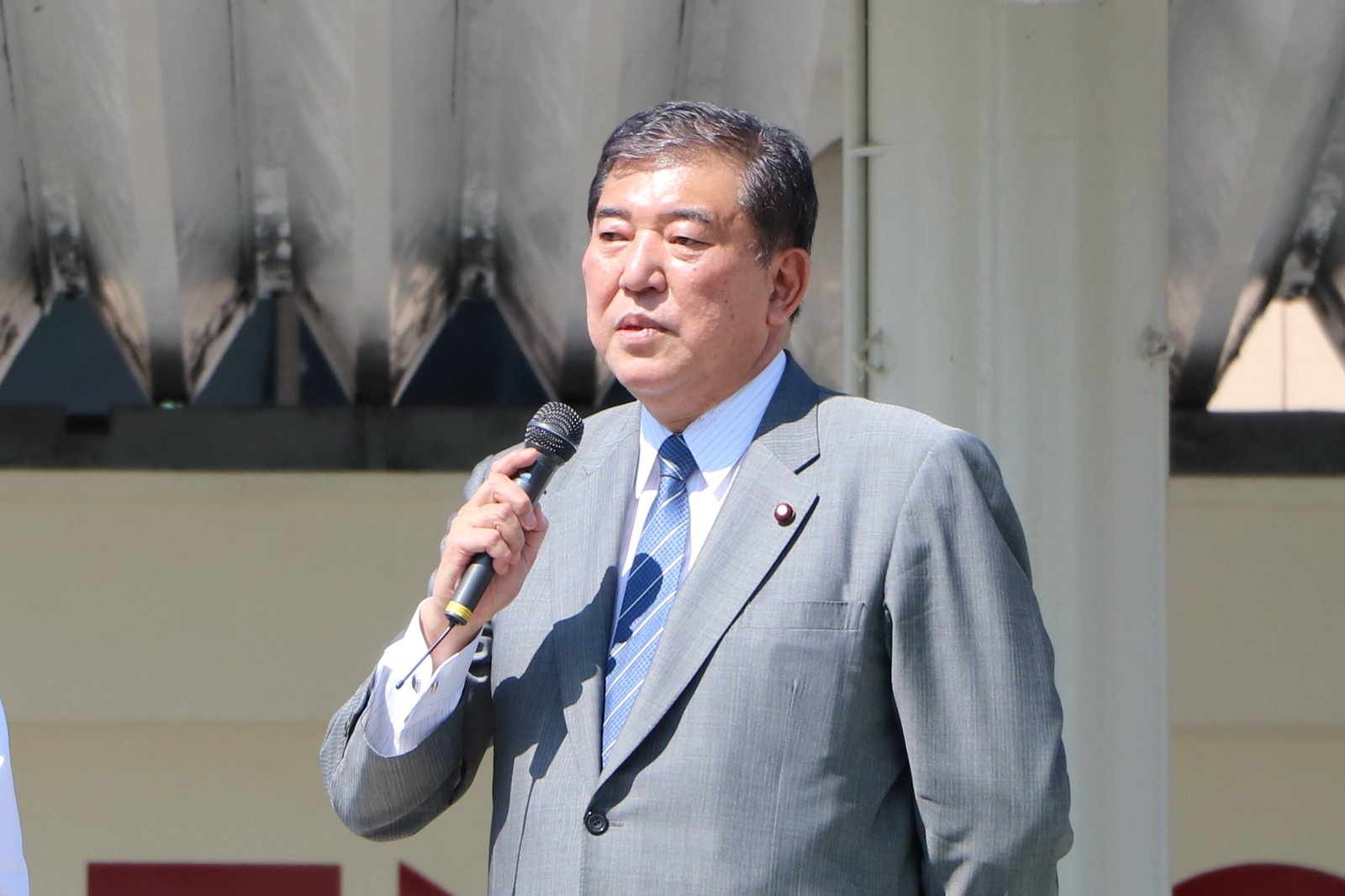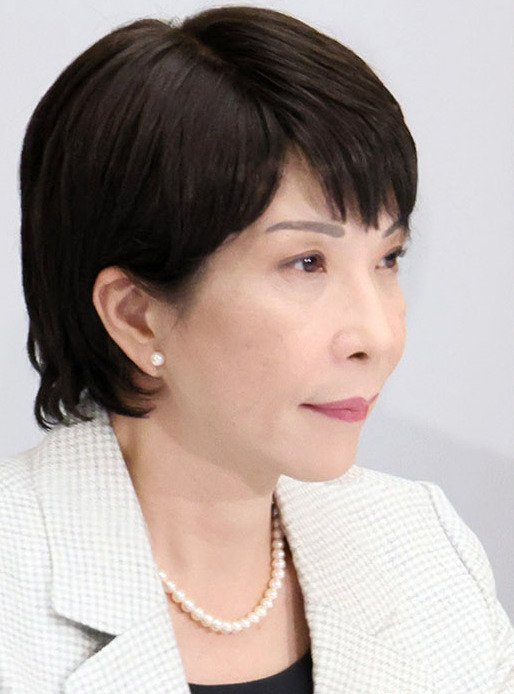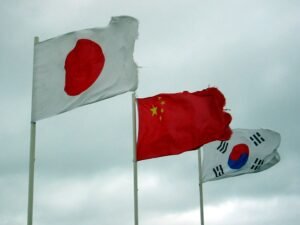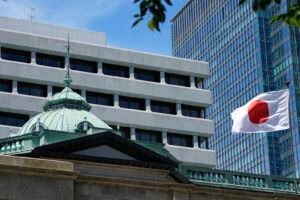Ishiba’s New Year Pledge: Tackling Japan’s Silent Emergency
- Japan’s PM Shigeru Ishiba pledged to address security, economic, and demographic issues in his New Year’s address.
- Ishiba highlighted the need for cooperation with opposition parties and protection of national interests amid international security concerns.
- He also addressed Japan’s declining population, terming it a “silent emergency” and promised to revitalize regional areas.
- Ishiba’s address sets the tone for Japan’s domestic and international policy direction for the year, with a focus on security, economic revitalization, and demographic challenges.
In his New Year’s address, Japan’s Prime Minister Shigeru Ishiba pledged to tackle pressing security, economic, and demographic issues through his minority government. He emphasized the need for cooperation with opposition parties to ensure better lives for the public. Ishiba, who assumed office in October, highlighted the protection of national interests amid a severe and complex international security environment as a top priority. This comes in the wake of Russia’s ongoing military aggression against Ukraine and North Korea’s repeated missile launches.
Ishiba also addressed the declining population, terming it a silent emergency that is sapping Japan’s economic power. He reiterated his push to revitalize regional areas and address the excessive concentration of population and industry in the Tokyo metropolitan area. The Prime Minister also promised to turn strong pay hikes and increases in investment into a growth engine for the economy, now the world’s fourth-largest after Germany.
Ishiba’s rise to power came after his fifth bid for the head of the ruling Liberal Democratic Party. His abrupt call for a general election on October 27 led to a crushing defeat for the ruling coalition, losing their majority in the House of Representatives. This defeat made it inevitable for Ishiba to seek support from the opposition bloc to pass budgets and bills.
Japan’s Domestic and International Challenges
The Prime Minister is expected to face continuing pressure from the opposition camp for stricter rules on political funds. This comes after the underreporting among some LDP lawmakers of income from fundraising parties came to light, a scandal that partly led to the ruling coalition’s defeat in the election.
In other news, Japan marked one year since a powerful earthquake struck the Noto Peninsula in central Japan, leaving at least 500 dead. Efforts toward full recovery continue in the hardest-hit areas. Some 21,000 residents in Ishikawa Prefecture, which faces the Sea of Japan, remain evacuated or in temporary housing as of late December, with infrastructure restoration and the demolition of collapsed homes still incomplete.
Japanese Emperor Naruhito expressed his hope that people will work together to overcome challenges such as natural disasters and rising living costs in his New Year address. He voiced concern for those impacted by the massive earthquake on the Noto Peninsula, as well as typhoons and heavy rains in the past year.
Sports, Business, and Global Affairs
In the world of sports, Naomi Osaka made a winning start to the year by beating Austria’s Julia Grabher and advancing to the quarterfinals of the ASB Classic tennis tournament in Auckland. Japan’s four-time Grand Slam title winner had to wait out a lengthy rain delay before sealing the victory in 85 minutes.
In the business sector, Nippon Steel Corp. has promised it will not cut output capacity at United States Steel Corp.’s mills for 10 years. This is part of its latest proposal to the administration of President Joe Biden aimed at winning approval to acquire the struggling producer.
On the international front, Japan and Finland agreed to start negotiations on a pact to allow the transfer of defense equipment. This comes in light of the increasingly interconnected security environments of Europe and the Indo-Pacific region. Prime Minister Shigeru Ishiba and his Finnish counterpart, Petteri Orpo, opposed any unilateral attempts to change the status quo, in an apparent reference to Russia, China, and North Korea.
In conclusion, the New Year’s address by Prime Minister Ishiba sets the tone for Japan’s domestic and international policy direction for the year. With a focus on security, economic revitalization, and demographic challenges, the government is poised to tackle these issues head-on. The cooperation with opposition parties, as well as international allies, will be crucial in achieving these goals. The coming months will be a test of the government’s resolve and the effectiveness of its strategies.












Post Comment